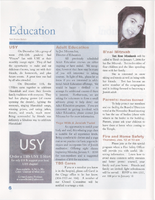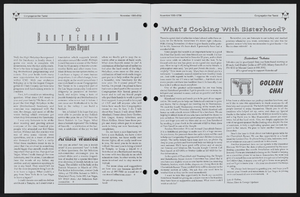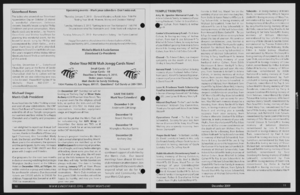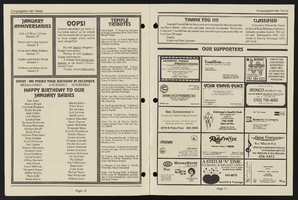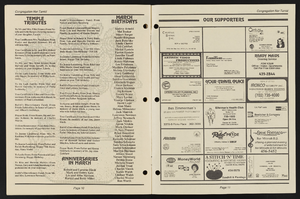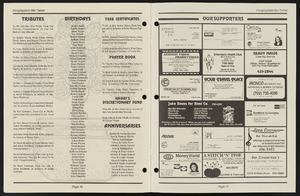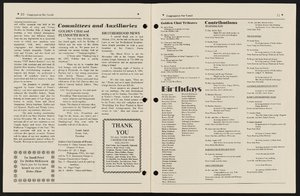Search the Special Collections and Archives Portal
Search Results

Interview with Robert Elmer Friedrichs, February 25, 2004
Date
2004-02-25
Archival Collection
Description
Narrator affiliation: Radiation Safety, Reynolds Electrical and Engineering Company (REECo); Sr. Scientific Adviser, National Nuclear Security Administration (NNSA)
Text
Pagination
Refine my results
Content Type
Creator or Contributor
Subject
Archival Collection
Digital Project
Resource Type
Year
Material Type
Place
Language
Records Classification

